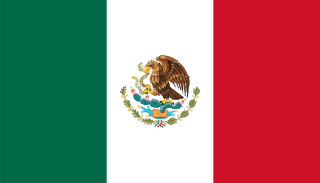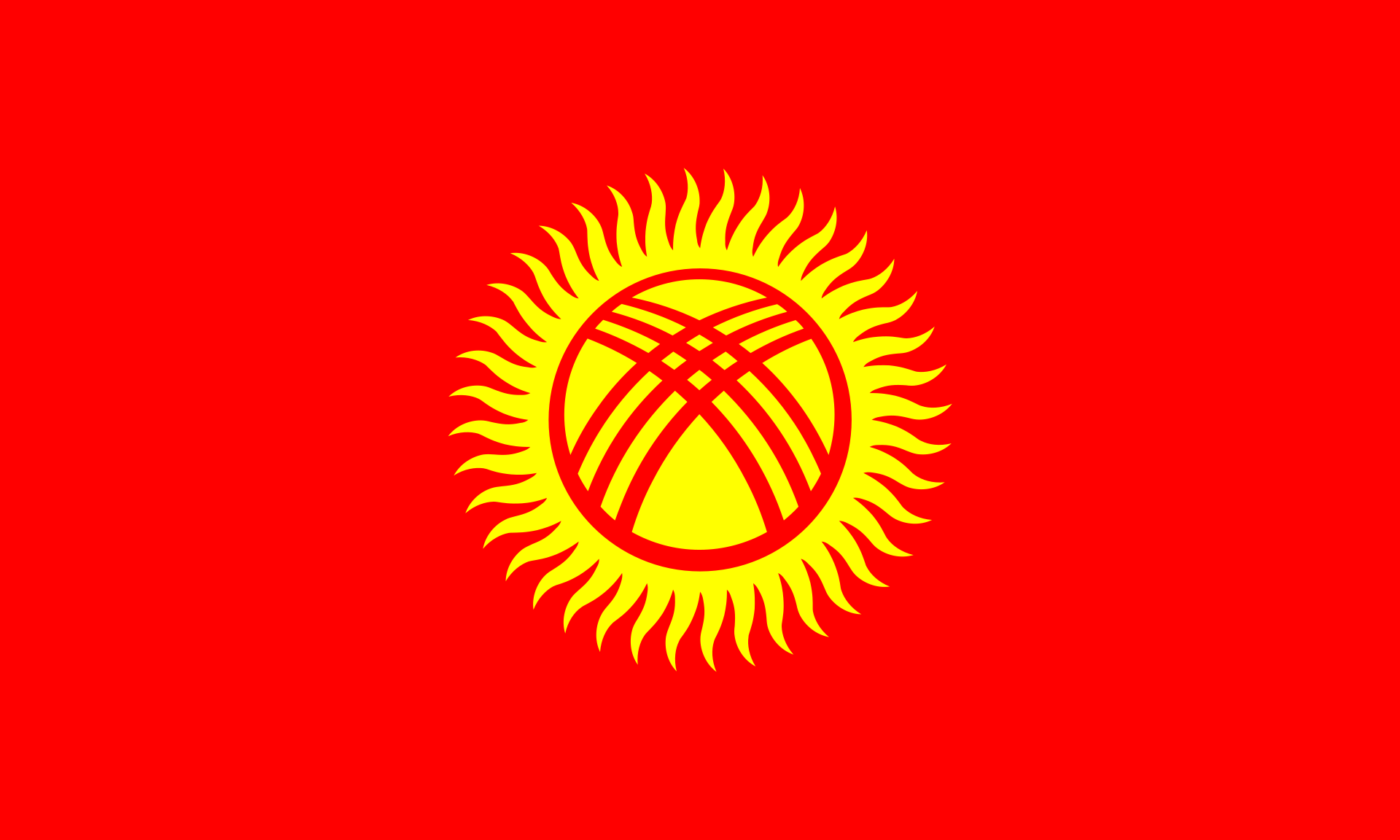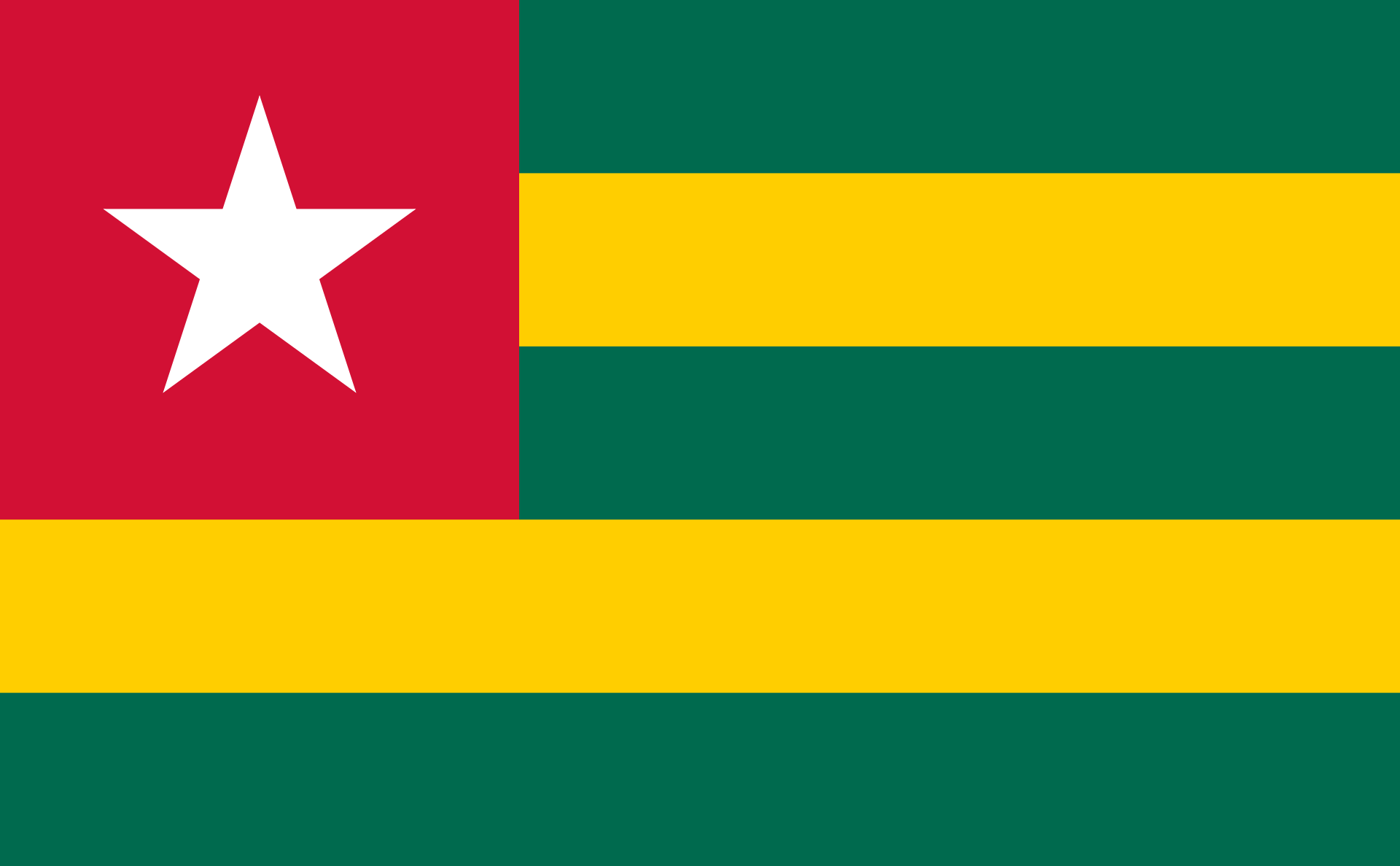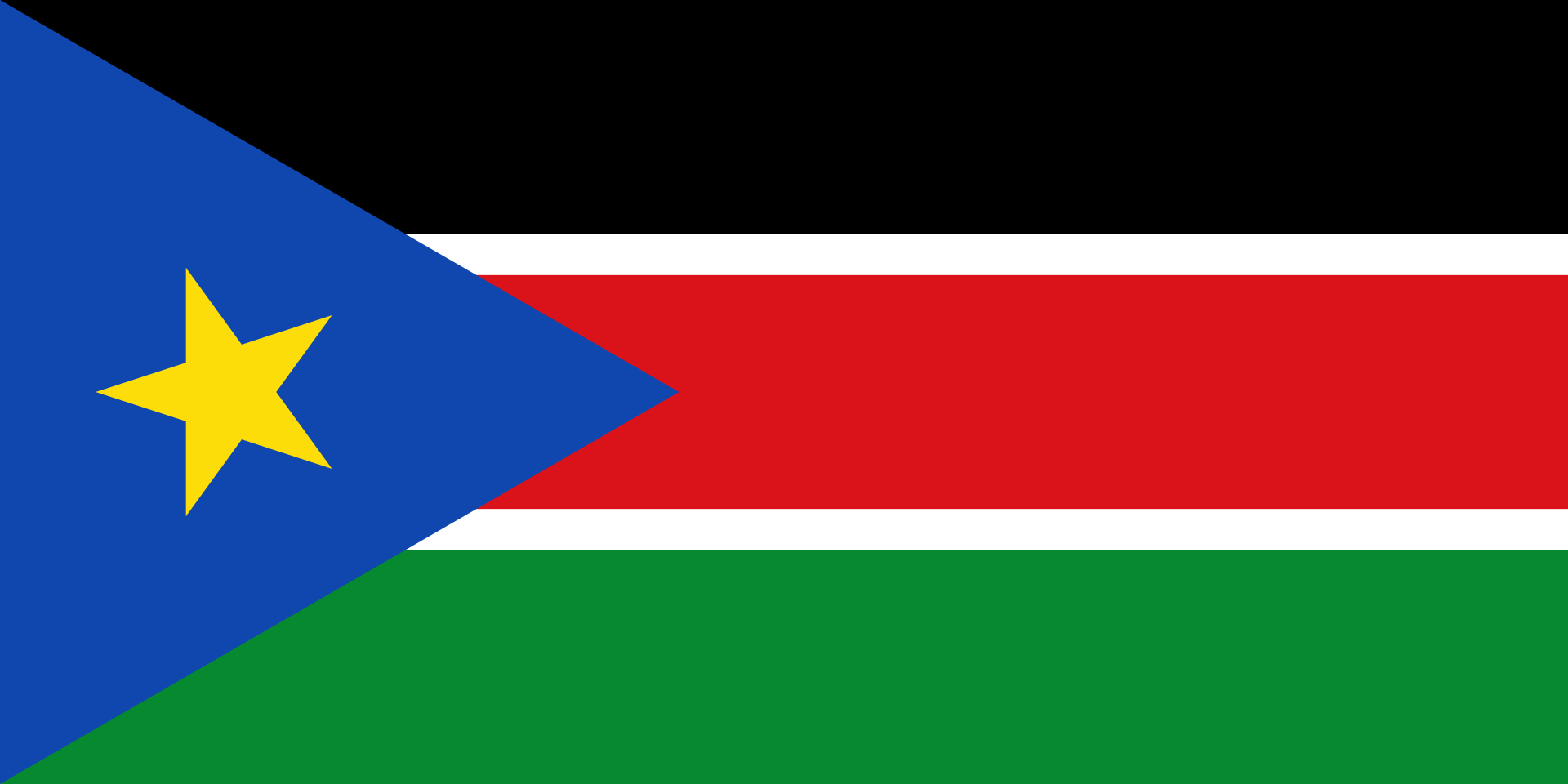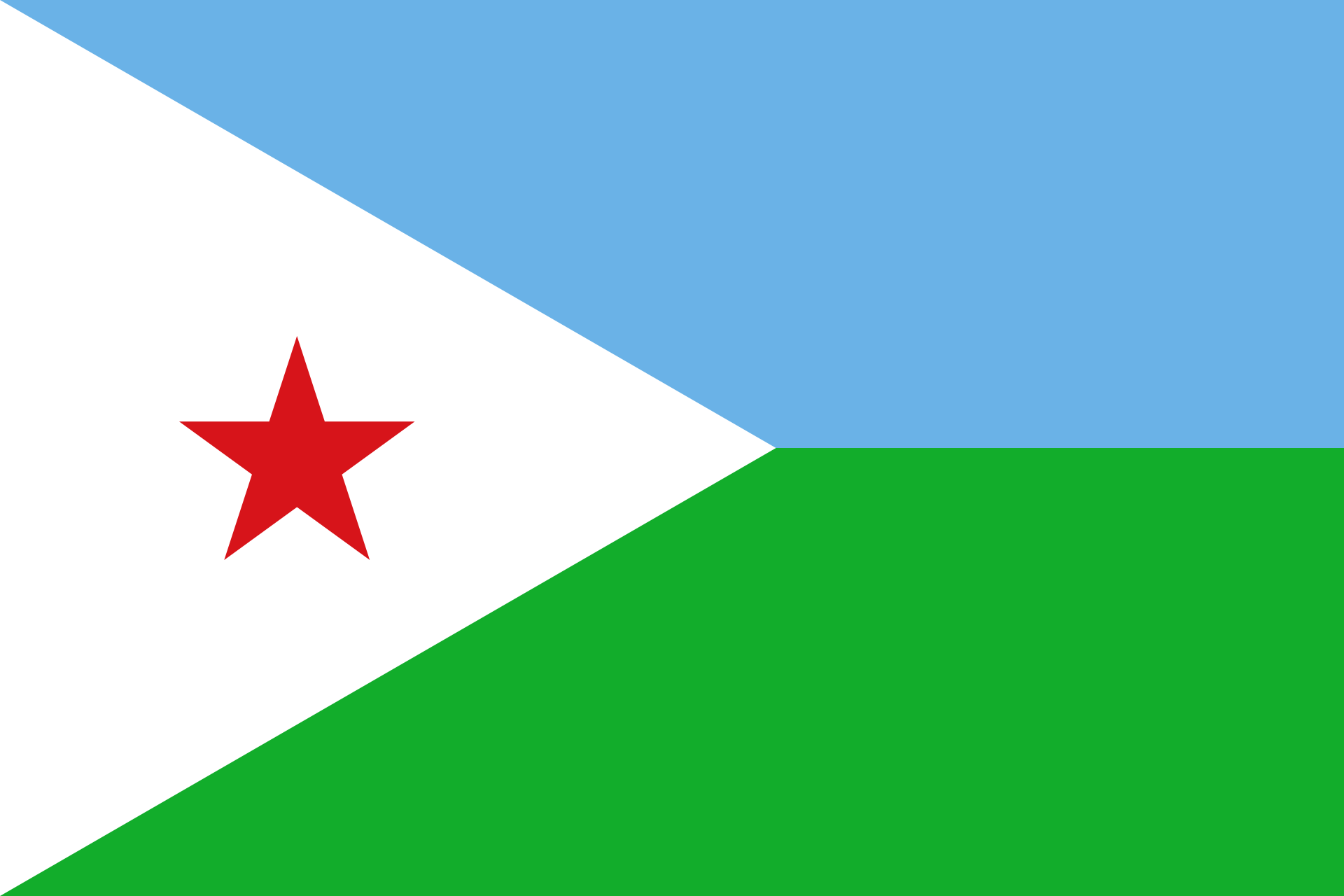Population
130,767,595
Last updated:
1 NovArea
1,972,550 km2
Last updated:
1 NovCurrency
Mexican peso (MXN)
Last updated:
1 NovOfficial Language
Spanish
Last updated:
1 NovPhone code number
+52
Last updated:
1 NovInternet TLD
.mx
Last updated:
1 NovAverage monthly salary
1,800 $
Last updated:
1 NovTotal millionaires
264,034 persons
Last updated:
1 NovTotal billionaires
12 persons
Last updated:
1 NovMilitary power
Passport rank
25
Last updated:
1 NovVisa free
158 country
Last updated:
1 NovReligions in Mexico
88.9% Christianity
—77.7% Catholicism
—11.2% Other Christian
10.6% No religion
0.2% Others
0.3% Unspecified
Info about Mexico (History)
Mexico is a country in southern North America. Borders the United States to the north; to the south and west by the Pacific Ocean; to the southeast - Guatemala, Belize and the Caribbean Sea; and east of the Gulf of Mexico. Mexico covers 1,972,550 square kilometers, making it the 13th largest country in the world by area; with a population of approximately 126,014,024, it is the 10th most populous country with the largest number of Hispanics. Mexico is organized as a federation of 31 states and Mexico City, its capital and largest metropolis. Other major urban areas include Guadalajara, Monterrey, Puebla, Toluca, Tijuana, Ciudad Juarez and Leon.
Pre-Columbian Mexico dates back to 8000 BC. and is considered one of the six cradles of civilization; it was home to many highly developed Mesoamerican civilizations, most notably the Maya and Aztecs. In 1521, the Spanish Empire took over and colonized the region from its base in Mexico City, creating a colony of New Spain. The Catholic Church played an important role in the spread of Christianity and the Spanish language, while retaining some elements of the indigenous peoples. The indigenous population was enslaved and intensively exploited to develop rich deposits of precious metals, which contributed to Spain's status as a major world power for the next three centuries, as well as a massive influx of wealth and a price revolution in Western Europe. Over time, a distinctive Mexican identity developed based on the fusion of European and local customs; this contributed to the successful Mexican War of Independence against Spain in 1821.
Mexico's early history as a nation state was marked by political and socio-economic upheaval. The Texas Revolution and the Mexican-American War in the mid-19th century resulted in huge territorial losses for the United States. Liberal reforms were enshrined in the 1857 Constitution aimed at integrating indigenous communities and limiting the power of the church and the military. This sparked an internal war for reform and French intervention, in which the Conservatives installed Maximilian of Habsburg as emperor against the republican resistance led by Benito Juarez. The last decades of the 19th century were marked by the dictatorship of Porfirio Diaz, who sought to modernize Mexico and restore order. The Porfiriato era ended in 1910 with a decade-long civil war in Mexico, which killed about 10% of the population, after which the victorious faction of the constitutionalists drafted a new Constitution of 1917, which is in force to this day. Revolutionary generals ruled presidential successively until the assassination of lvaro Obregón in 1928. This led to the formation of the Institutional Revolutionary Party the following year, which ruled Mexico until 2000.
Mexico is a developing country, ranked 74th on the Human Development Index, but its economy is ranked 15th in the world in nominal GDP and 11th in PPP, with the United States being its largest economic partner. Its large economy and population, global cultural influence and relentless democratization make Mexico a regional and middle power; it is often referred to as an emerging power, but is considered by some analysts as a newly industrialized state. However, the country continues to struggle with social inequality, poverty and large-scale crime; it ranks poorly in the Global Peace Index [34], largely due to the ongoing conflict between the government and drug syndicates, which has resulted in more than 120,000 deaths since 2006.
Mexico ranks first in the Americas and seventh in the world for the number of UNESCO World Heritage Sites. It is also one of the 17 most diverse countries in the world, ranking fifth in natural biodiversity. [39] Mexico's rich cultural and biological heritage, as well as its diverse climate and geography, make it one of the main tourist destinations: as of 2018, it was the sixth most visited country in the world with 39 million international arrivals. Mexico is a member of the United Nations, the G20, the Organization for Economic Cooperation and Development (OECD), the World Trade Organization (WTO), the Asia-Pacific Economic Cooperation Forum, the Organization of American States, and the Latin American Community. the States of the Caribbean; and the Organization of Ibero-American States.
Important information about Mexico
1- What is the population of Mexico?
answer: The total population of Mexico is 130,767,595 in 2021.
2- Who is the president of Mexico?
answer: Andrés Manuel López Obrador is the current president of Mexico.
3- What is the area of Mexico?
answer: The total area of Mexico is 1,972,550 km2 .
4- What is the official language of Mexico?
answer: The official language of Mexico is Spanish .
5- What is the currency of Mexico?
answer: The currency of Mexico is Mexican peso (MXN) .
6- How much is the average salary in Mexico?
answer: The average salary in Mexico is 1800$ in 2021.
7- What is the passport rank of Mexico?
answer: The passport rank of Mexico is 25 in 2021.
8- How many countries we can travel with passport of Mexico without visa?
answer: You can travel to 158 countries with passport of Mexico .
9- What is the phone number code of Mexico?
answer: The phone number code of Mexico is +52 .
10- What is internet TLD of Mexico?
answer: The internet TLD of Mexico is .mx
11- How many billionaires are in Mexico?
answer: The total number of billionaires in Mexico is " 12 person" in 2021.
12- How many millionaires are in Mexico?
answer: The total number of millionaires in Mexico is " 264,034 person" in 2021.

